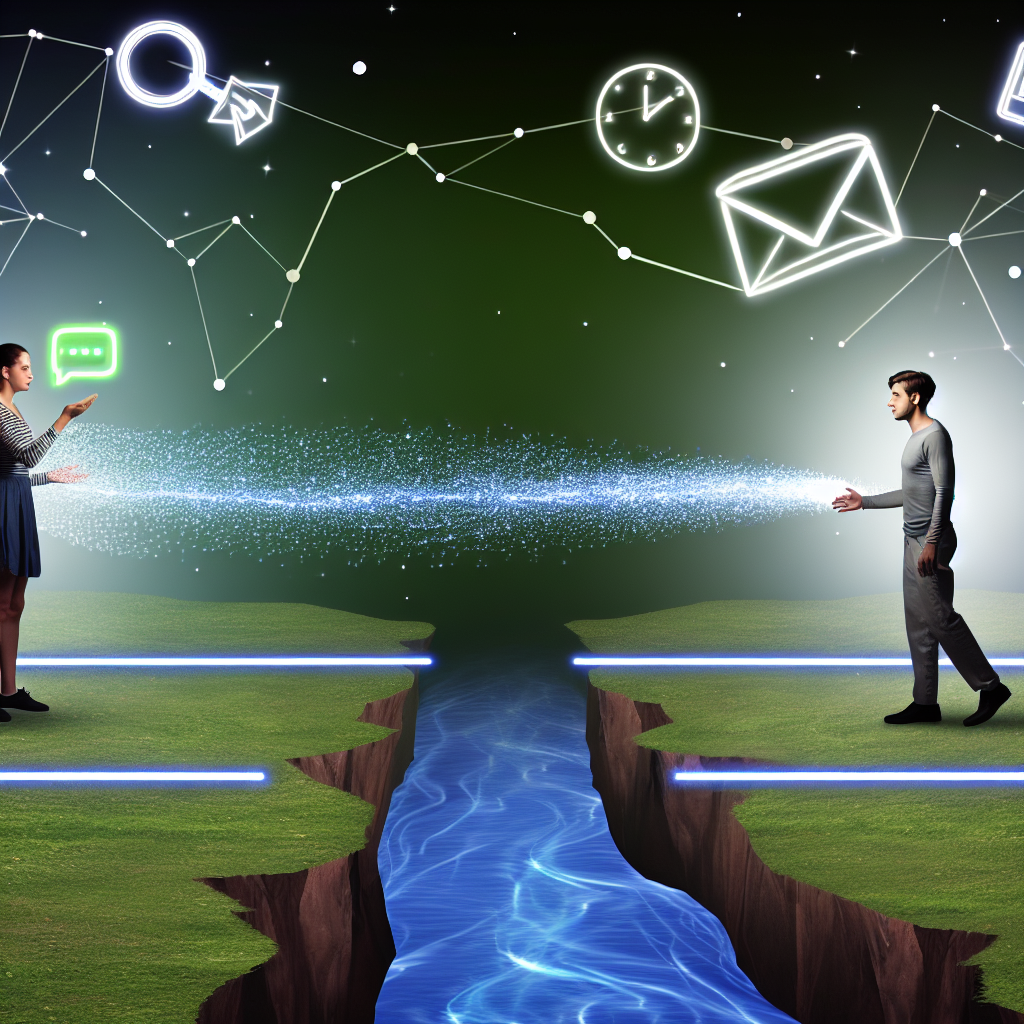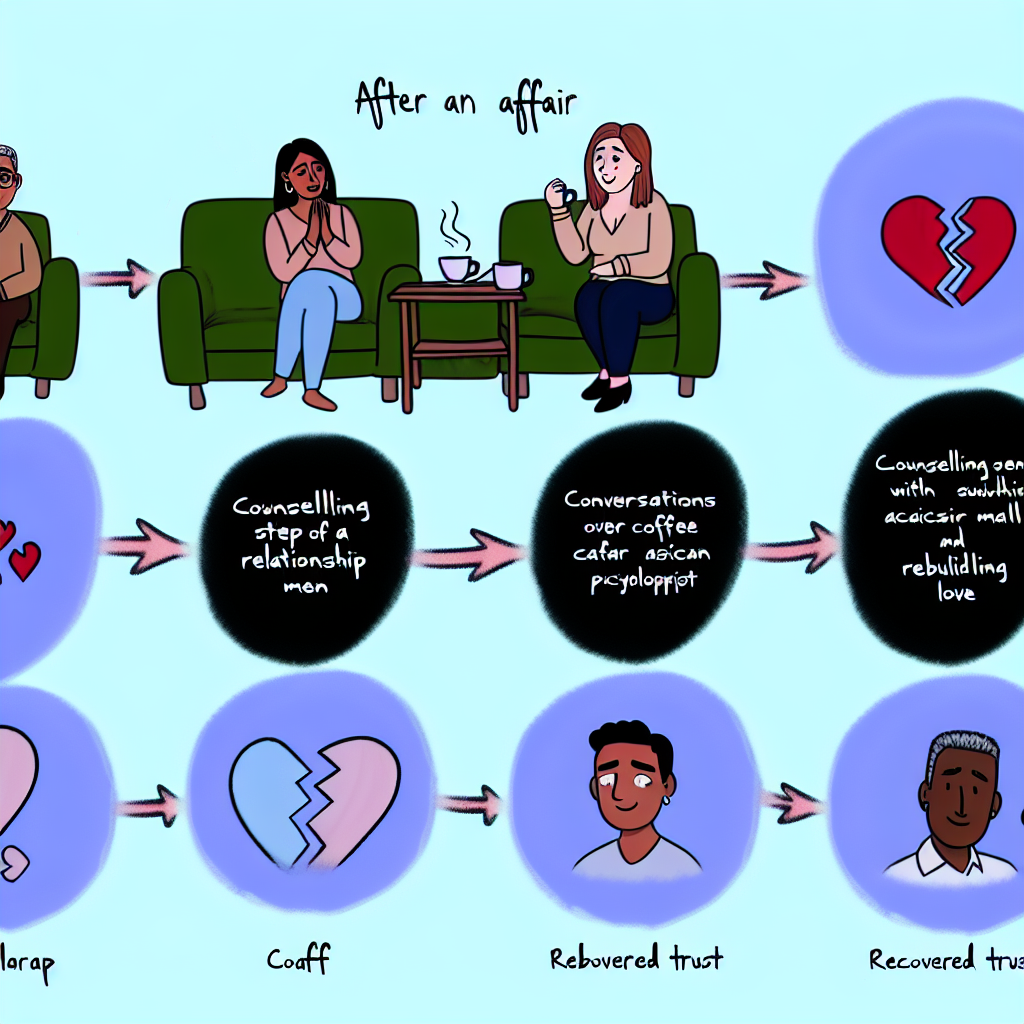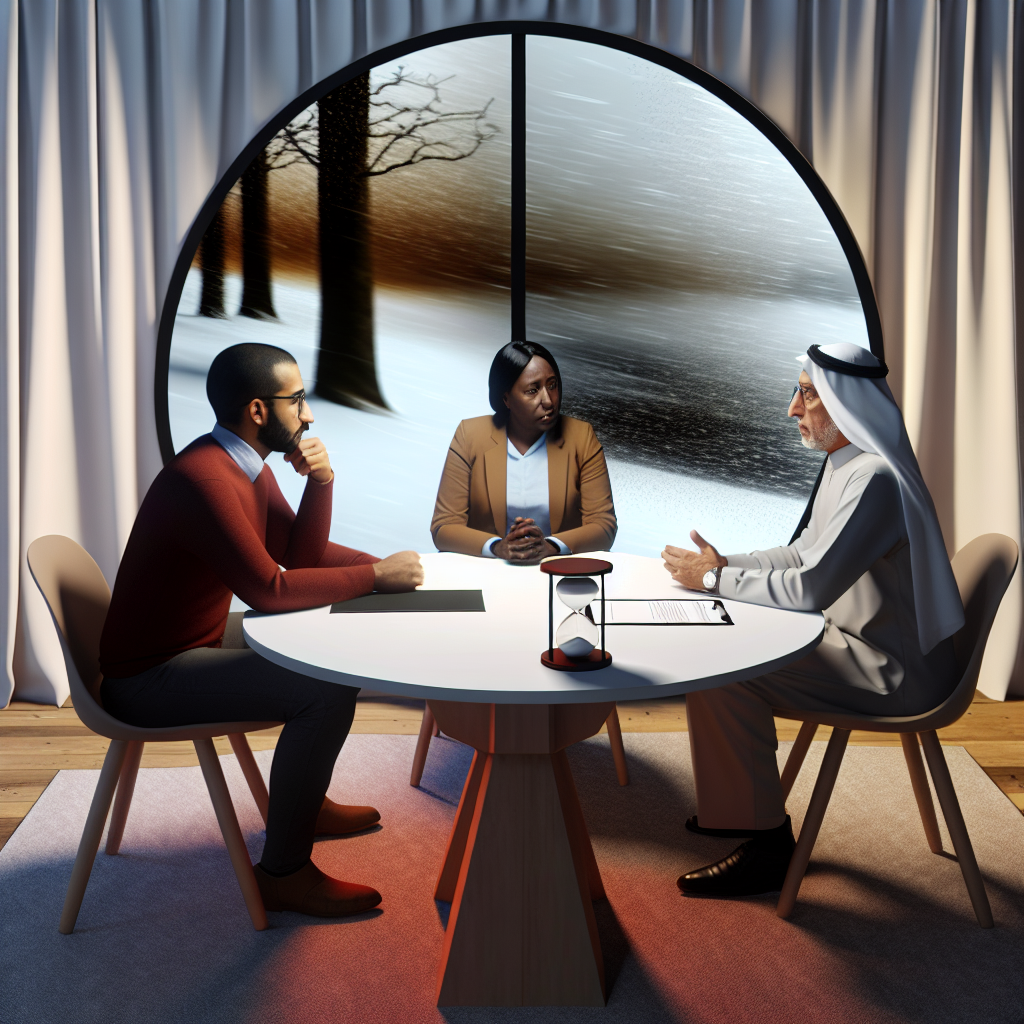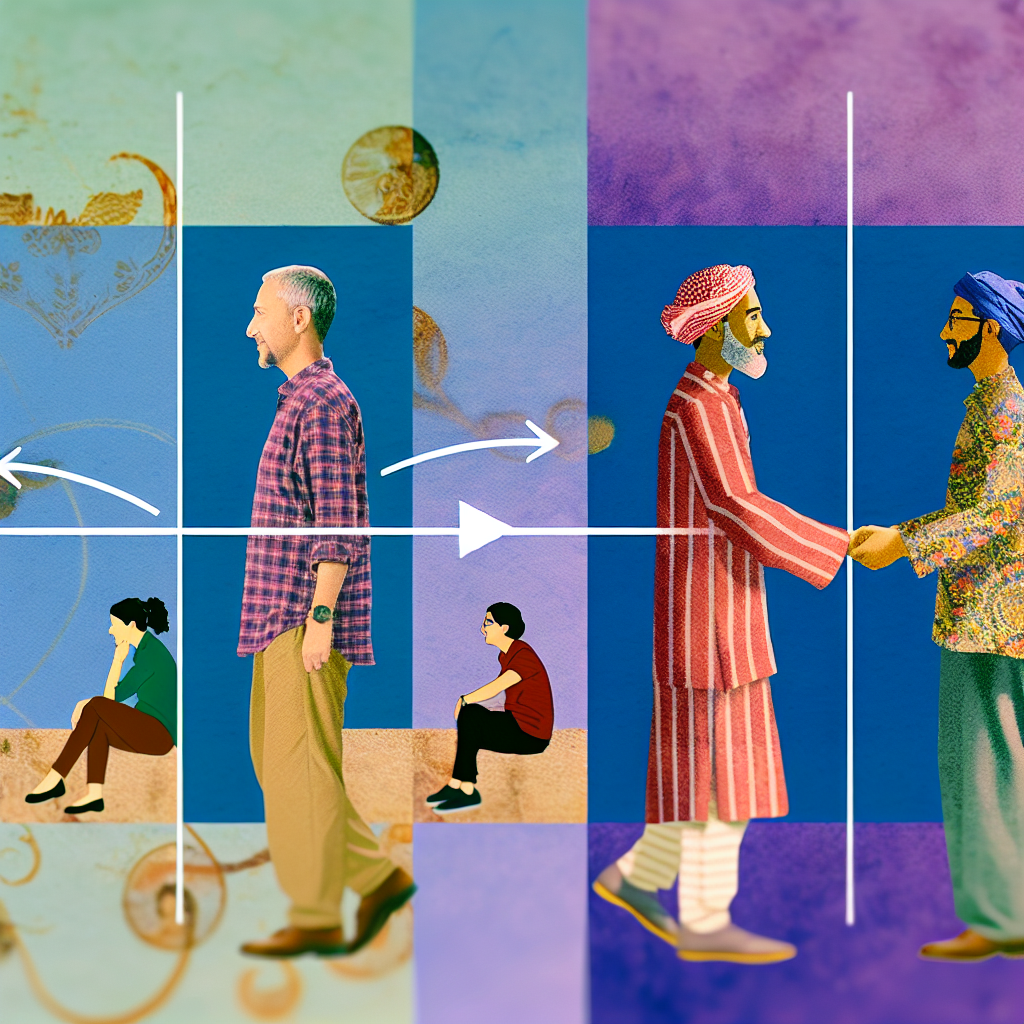Digital Boundary Setting: Creating Healthy Information Sharing Limits in New Relationships
In today’s hyper-connected world, romantic relationships evolve just as quickly as the technology that supports them. The dating scene, once contained to face-to-face meetings and phone calls, now thrives across smartphones, social platforms, and messaging apps. While digital connectivity offers incredible convenience and new ways to bond, it also presents challenges—especially around privacy, communication, and personal boundaries.
Why Digital Boundaries Matter More Than Ever
Digital intimacy and information sharing have been widely studied for their psychological and emotional impact in romantic relationships. Professional and medical research underscores the importance of boundary setting in maintaining both mental health and relationship quality.
A study published in the journal Cyberpsychology, Behavior, and Social Networking found that over 34% of couples reported conflict stemming from their partner’s online behavior ([Sharabi & Caughlin, 2017](https://doi.org/10.1089/cyber.2016.0539)). Participants disclosed feeling discomfort, jealousy, or distress related to their partner’s excessive online communication or perceived digital surveillance, highlighting the necessity for open conversations around technology use.
Additionally, a report from the American Psychological Association emphasizes how digital communication, while convenient, may lead to misunderstandings due to the lack of tone, non-verbal cues, and timing. These factors make it essential to discuss preferences and boundaries early on—such as response expectations or the types of content one feels comfortable sending or receiving.
Digital Pressure and Expectations: A Risk for Younger Daters
For younger daters, particularly Gen Z and Millennials, social media integration is often seen as a marker of relationship status. However, a Pew Research Center survey revealed that almost 28% of dating app users experienced pressure to share account passwords or post partner images online before feeling ready. Such pressure can lead to increased anxiety, reduced autonomy, and even manipulation.
Mental health professionals also advise setting digital boundaries to support emotional regulation in romantic contexts. According to Dr. Andrea Bonior, licensed clinical psychologist and author of Detox Your Thoughts, constant digital availability can create a false sense of closeness that bypasses necessary emotional development. She emphasizes how deliberate setting of texting windows, social media connections, and even read receipts can help couples maintain balanced and healthy expectations.
Digital Boundary Tips for Older Adults Returning to Dating
Older adults entering the digital dating world after divorce or widowhood may find navigating these boundaries new and unfamiliar. According to AARP’s “Online Dating and Older Adults” study, trust formation takes longer for older singles—and careful digital sharing plays a critical role in reducing fraud or emotional harm. The study recommends that older adults intentionally delay sharing personal contact details and avoid disclosing sensitive information until deep trust is established.
Creating space to build genuine trust, rather than rushing into digital sharing, helps older adults protect themselves emotionally and financially while forming meaningful romantic connections.
Setting Healthy Digital Boundaries = Stronger Relationships
Whether dating in your twenties or your seventies, building healthy digital boundaries can lead to better emotional resilience, lower stress, and longer-lasting connections. The studies and insights from psychological professionals confirm that the deliberate development of digital communication habits significantly improves dating outcomes.
Digital boundaries are not meant to create distance—they act as a bridge to understanding, designed to ensure comfort, clarity, and connection for both partners.
Conclusion: Love in the Digital Age Should Start with Respect
In a world where our lives are increasingly digitized, setting healthy boundaries around digital information sharing is not just a modern consideration—it’s a cornerstone of emotionally intelligent dating. No matter your age, creating limits with awareness and care fosters a space where relationships can thrive with mutual respect and trust.
By mindfully navigating how, when, and what we share, we empower ourselves and our partners to build deeper, more secure connections.
References
– Sharabi, L. L., & Caughlin, J. P. (2017). What predicts first date success? A study of first date communication in initial interactions. Cyberpsychology, Behavior, and Social Networking. [https://doi.org/10.1089/cyber.2016.0539](https://doi.org/10.1089/cyber.2016.0539)
– American Psychological Association. (2020). The impact of digital communication on relationship satisfaction. [https://www.apa.org/news/press/releases/stress/2020/digital-relationships](https://www.apa.org/news/press/releases/stress/2020/digital-relationships)
– Pew Research Center. (2020). The virtues and downsides of online dating. [https://www.pewresearch.org/internet/2020/02/06/dating-and-relationships-in-the-digital-age/](https://www.pewresearch.org/internet/2020/02/06/dating-and-relationships-in-the-digital-age/)
– AARP Research. (2019). Online dating and romance scams targeting older adults: A safety resource. [https://www.aarp.org/research/topics/life/info-2019/online-dating-scams.html](https://www.aarp.org/research/topics/life/info-2019/online-dating-scams.html)
– Bonior, A. (2020). Detox Your Thoughts: Quit Negative Self-Talk for Good and Discover the Life You’ve Always Wanted. Psychology Today. [https://www.psychologytoday.com/us/blog/friendship-20/202007/digital-boundaries-in-relationships-and-texting-issues](https://www.psychologytoday.com/us/blog/friendship-20/202007/digital-boundaries-in-relationships-and-texting-issues)
**Concise Summary:**
In today’s digital world, setting healthy boundaries around information sharing is crucial for building strong, trusting relationships. This article explores the importance of digital boundary setting, the unique challenges faced by younger and older daters, and how establishing limits can lead to more emotionally resilient and long-lasting connections.

Dominic E. is a passionate filmmaker navigating the exciting intersection of art and science. By day, he delves into the complexities of the human body as a full-time medical writer, meticulously translating intricate medical concepts into accessible and engaging narratives. By night, he explores the boundless realm of cinematic storytelling, crafting narratives that evoke emotion and challenge perspectives. Film Student and Full-time Medical Writer for ContentVendor.com




